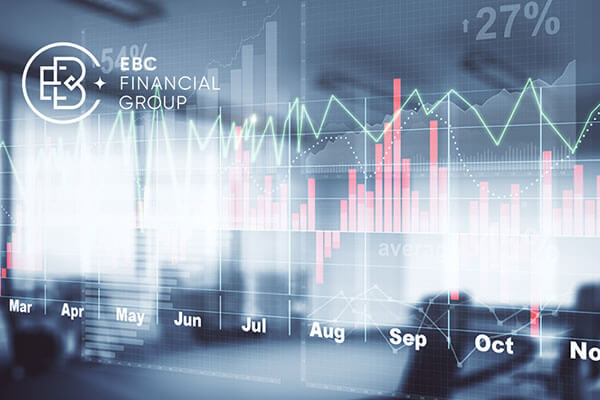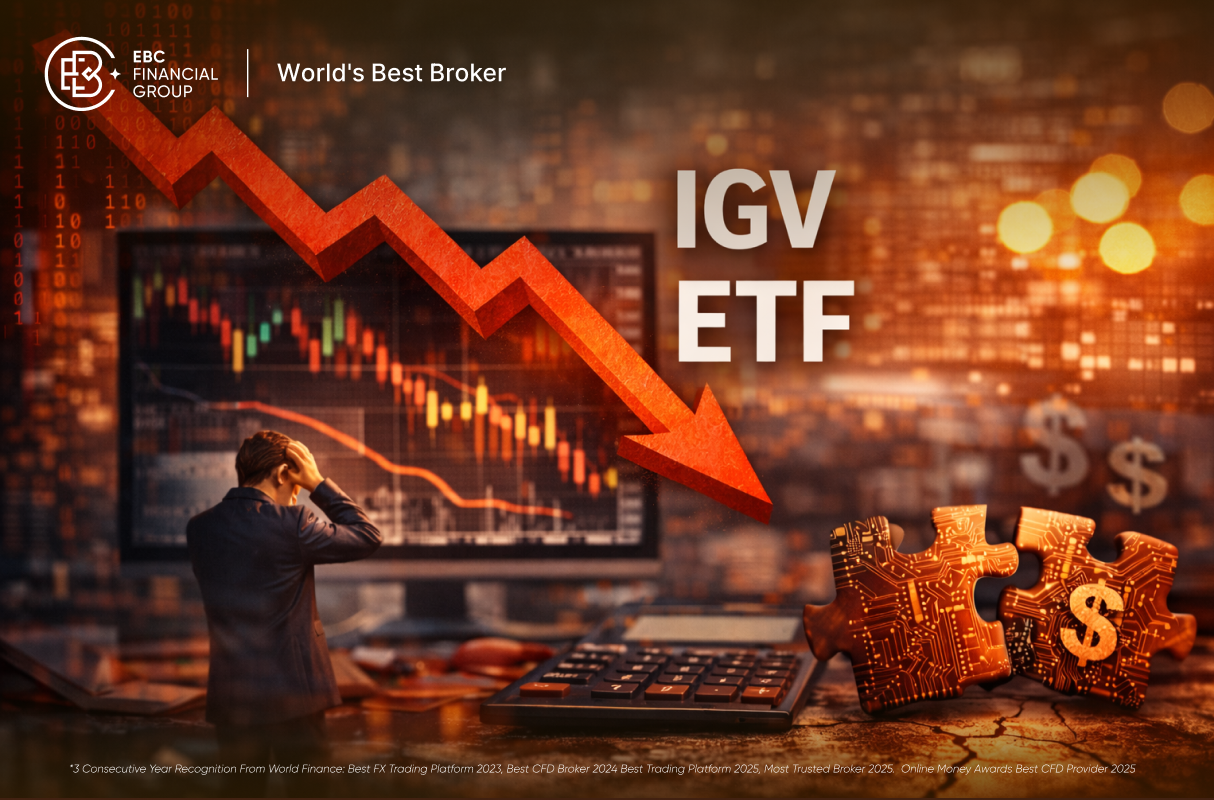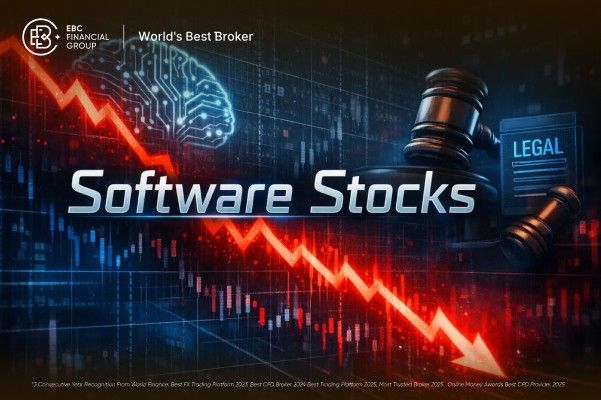Imagine you're trying to hail a ride on a rainy evening. The streets are
packed, and every second counts as you race to get to your destination. You open
your app, and within moments, a car appears, ready to take you where you need to
go. The process is seamless: no waiting, no frustration, just instant service.
That's how liquidity works in everyday life—the ability to get what you want,
when you want it, without delay or hassle. But what happens when there aren't
enough cars available? Suddenly, prices surge, wait times grow, and you're left
scrambling to find an option. You've felt it before—the frustration of missed
opportunities, knowing you could've secured a ride at a lower cost just moments
ago, but now you're stuck standing in the rain, simply because the supply wasn't
there when you needed it.
In the world of financial markets, liquidity functions in much the same way.
Just like finding that ride in seconds, liquidity ensures that traders can enter
and exit positions quickly, without facing steep costs or delays. When liquidity
is plentiful, markets move effortlessly, and trades happen at the exact moment
you need them—without wild price swings. But when liquidity dries up, it's like
searching for that elusive ride: transactions slow, prices spike, and
opportunities become harder to grasp.
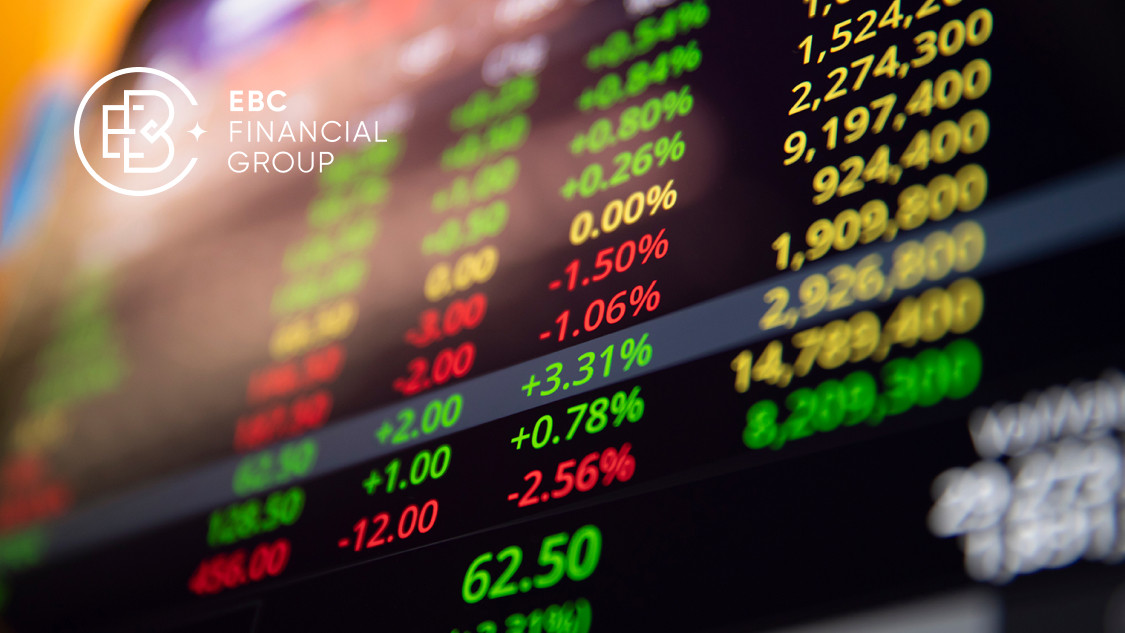
Smooth Sailing or Choppy Waters? Liquidity's Role in Your Strategy
Liquidity in financial markets hinges on the availability of buyers and
sellers at any given moment. When liquidity is high, it means there are plenty
of buyers and sellers in the market, ready to trade whenever. This abundance
allows traders to buy or sell assets quickly and efficiently without
significantly affecting the price. Just like finding a ride instantly, traders
can enter or exit positions with minimal friction, knowing they'll get a fair
price at the right time.
However, when liquidity dries up, the market becomes much more challenging to
navigate. Fewer participants mean fewer trades, leading to a wider gap between
the price buyers are willing to pay and what sellers are asking for. This gap is
known as the spread—the divergence between the buy and sell prices.
How Liquidity Providers Drive Rates Down: Like Water Constantly Filling a
Tank That's Always Draining
In highly liquid markets, the spread is tight, meaning the difference between
the buying and selling price is small, allowing traders to enter and exit
positions at minimal cost. When liquidity is abundant, it's because liquidity
providers—key participants like financial institutions or sophisticated
traders—consistently offer to buy and sell. By maintaining a steady flow of
transactions, they help keep the spread tight, which drives down trading costs.
The more liquidity providers in the market, the more competitive prices become,
ensuring traders can enter and exit positions efficiently.
Technology plays a critical role here. EBC has significantly enhanced the way
liquidity flows through the markets with its advanced trading platforms and
algorithms. Just as water flows smoothly through a well-maintained system, these
systems enable EBC's liquidity providers to execute trades at lightning
speed—often in milliseconds—ensuring that buyers and sellers are matched almost
instantaneously.
With ultra-fast execution speeds, EBC's platforms can process vast amounts of
data and react to market conditions in real-time, adjusting prices and spreads
to keep trading efficient. For instance, when a significant market event occurs,
EBC's liquidity providers can quickly recalibrate their offers, much like
adjusting the flow of water, to maintain tight spreads, which is essential in
volatile conditions.
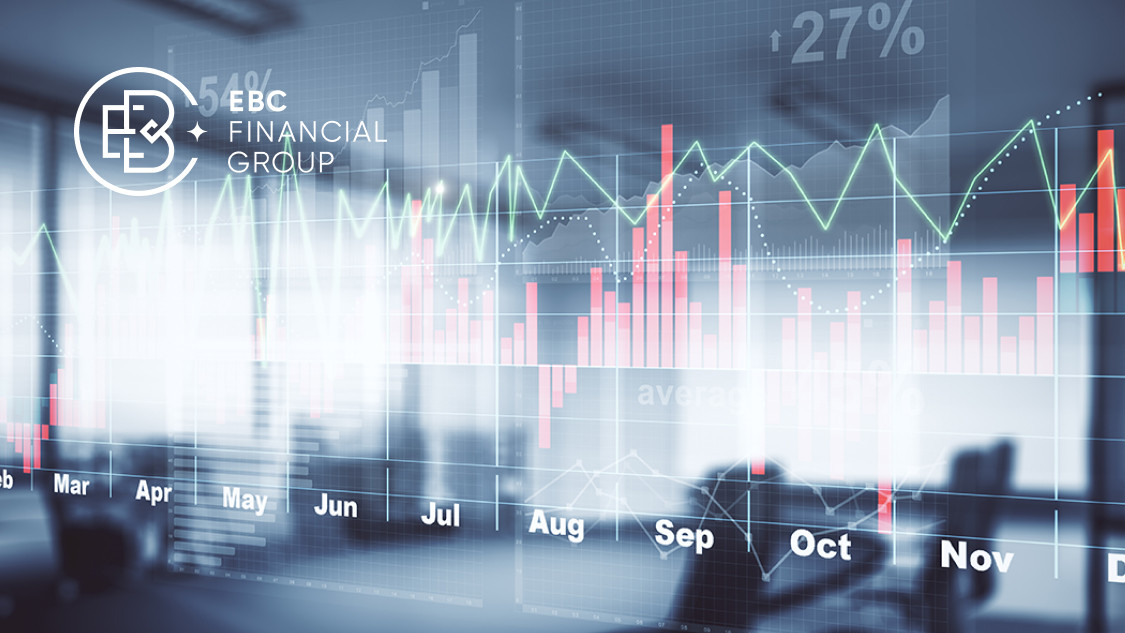
Market volatility also plays a key role in liquidity. When markets are calm,
liquidity is abundant, and trading costs remain low. However, during sharp
corrections or global events—such as geopolitical tensions or significant
economic policy changes—liquidity can dry up quickly, like water spilling out of
a tank.
For instance, geopolitical tensions can create uncertainty, leading investors
to pull back on trading. When fear permeates the market, many participants may
choose to hold onto their assets rather than buy or sell, resulting in fewer
trades. This reduced activity can widen spreads, making it more expensive and
riskier for traders to execute transactions.
Similarly, economic policy changes—like interest rate hikes or unexpected
fiscal policies—can also disrupt market stability. Traders may react by reducing
their positions or avoiding certain assets until the impact of these changes
becomes clearer. As a result, the flow of liquidity slows down, and the market
can become less responsive to price changes, increasing the likelihood of
slippage, a situation where trades are executed at prices different from what
traders initially expected, often leading to worse outcomes.
Preparing for Volatility
In an unpredictable market, where geopolitical tensions or unexpected
economic policies can dry up liquidity, preparation is key. One strategy
seasoned traders use is setting limit orders instead of market orders. Limit
orders allow you to specify the price at which you're willing to buy or sell,
helping you avoid the pitfalls of slippage during volatile market conditions. By
having a strategy in place, you can minimise the impact of sudden liquidity
shifts and safeguard your trades from unexpected costs.
However, even with strategies in place, reduced liquidity can still pose
significant challenges. In these moments, competition diminishes, exacerbating
the problem. When fewer participants are trading, the spread widens because
buyers offer lower prices while sellers demand higher ones, creating a larger
gap between the two. As a result, prices can fluctuate more dramatically—much
like when there aren't enough drivers available, causing ride prices to
surge.
In such a market, traders desperate to execute a trade may be forced to
accept unfavourable terms simply due to the lack of better options, which
effectively means slippage has already occurred. In such a market, the lack of
liquidity leaves them with little choice but to settle for worse outcomes than
they initially planned.
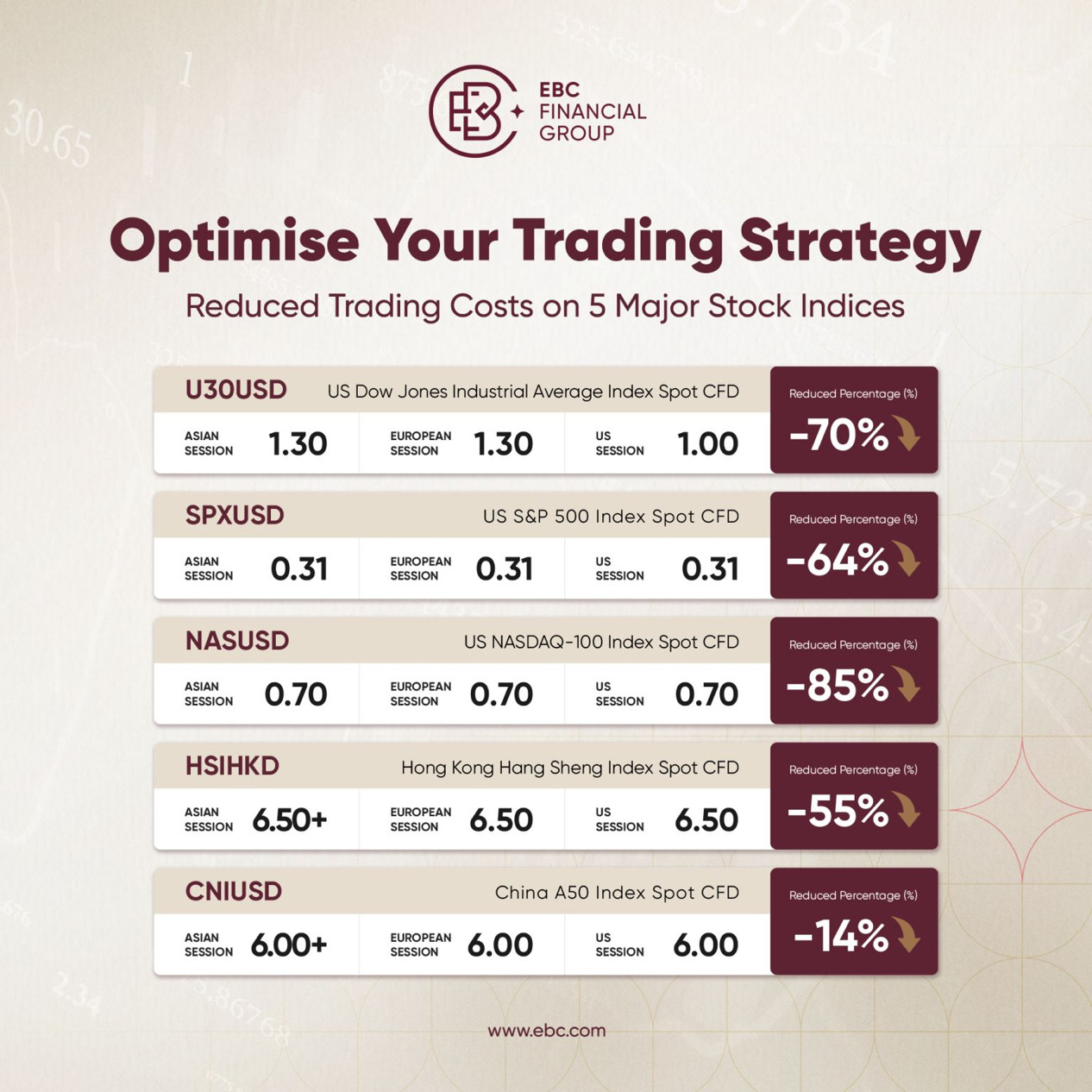
EBC's Game-Changing Liquidity Enhancements: Seizing the Moment
Recent market dynamics highlight the importance of liquidity enhancements in
today's trading environment. Since the start of 2024:
All three major U.S. stock indices (Dow Jones, Nasdaq, and S&P 500) have
hit new all-time highs since the start of 2024, driven by fresh investment and
increased investor confidence.
Asian markets, particularly in China and Hong Kong, are experiencing their
most significant gains in a decade, marking them as central to global
growth.
Consider the experience of Sarah, a seasoned trader who's been navigating the
markets for over a decade. One afternoon, she received an alert about a sudden
geopolitical event that sent shockwaves through the financial world.
Immediately, she knew she had to act quickly to protect her portfolio and
capitalise on any potential opportunities.
As she logged into her trading platform, she noticed that liquidity in her
chosen markets had begun to dry up. The spreads widened significantly, and the
usual ease of executing trades was gone. What would typically take seconds now
felt like an eternity. Frustrated, she watched as the prices fluctuated wildly,
making her hesitant to enter or exit positions.
Just when she thought she'd missed her chance, a notification popped up from
EBC, highlighting our enhanced liquidity measures. With a few clicks, she
adjusted her strategy, utilising the tight spreads EBC offered on major indices.
Thanks to EBC's efficient systems and liquidity providers, Sarah was able to
execute her trades swiftly and effectively, securing her profits before the
market settled into uncertainty.
This experience reinforced her belief in the importance of liquidity. In a
world where every second counts, having a reliable partner like EBC can make all
the difference between seizing an opportunity and watching it slip away.
EBC's liquidity enhancement couldn't have come at a better time. As the
world's investors hunt for undervalued assets, EBC has strengthened our ability
to offer the lowest trading costs for five major stock indices, giving traders a
unique edge in the market.
Tighter spreads:
Dow Jones Index (U30USD): Spread reduced to 1.00, reflecting a reduction of
up to 70%.
S&P 500 Index (SPXUSD): Spread reduced to 0.31, with reductions reaching
64%.
Nasdaq Index (NASUSD): Spread reduced to 0.70, with reductions as high as
85%, the most significant improvement.
Hang Seng Index (HSIHKD): Spread reduced to 6.50, achieving a reduction of up
to 55%.
China A50 Index (CNIUSD): Spread reduced to 6.00, marking a reduction of
14%.
Wider access: Whether you're trading in the Asian, European, or U.S. markets,
EBC ensures that you'll benefit from these cost-saving improvements, no matter
the time zone.
EBC's role in implementing these reductions positions them among institutions
actively working to streamline market access for a diverse range of
investors.

Never Miss a Beat: EBC's Liquidity Keeps You Ready
For traders, the difference between a missed opportunity and a smart
investment often comes down to one thing: liquidity. In today's fast-paced
financial landscape, EBC's mission is simple: provide traders with the liquidity
they need to act quickly and with confidence.
Whether you're navigating the Dow Jones or exploring emerging markets like
China's A50 or Hong Kong's Hang Seng Index, EBC's job is to make sure there's
enough liquidity in the markets you're trading, so you don't have to worry about
delays or inflated prices. By lowering the spread, we're ensuring that every
trade is cost-efficient and executed fast. That's how you stay ahead.
These liquidity enhancements in major indices such as the Nasdaq and the Hang
Seng are not simply reactive measures—they are strategic moves by institutions
like EBC to prepare for the next wave of market activity. As more capital moves
across borders, liquidity becomes essential for efficient, low-cost trading. The
reduced spreads and enhanced market access make these indices more attractive to
institutional and individual investors alike.
These developments come at a time when emerging markets are increasingly seen
as key pillars of global growth, particularly as advanced economies grapple with
inflationary pressures and slow economic recovery. The influx of liquidity into
major indices reflects a broader confidence in global market resilience and the
promise of continued returns in the months ahead.
As Warren Buffet once said, “Only when the tide goes out do you discover
who's been swimming naked.” Make sure you're prepared when the tide
shifts—explore how EBC's liquidity solutions can keep you ready for whatever the
markets throw your way.
By lowering costs and ensuring stability in key markets, EBC is laying the
groundwork for you to capture opportunities in the global markets of
tomorrow.
Disclaimer: This material is for general information purposes only and is not intended as (and should not be considered to be) financial, investment or other advice on which reliance should be placed. No opinion given in the material constitutes a recommendation by EBC or the author that any particular investment, security, transaction or investment strategy is suitable for any specific person.
